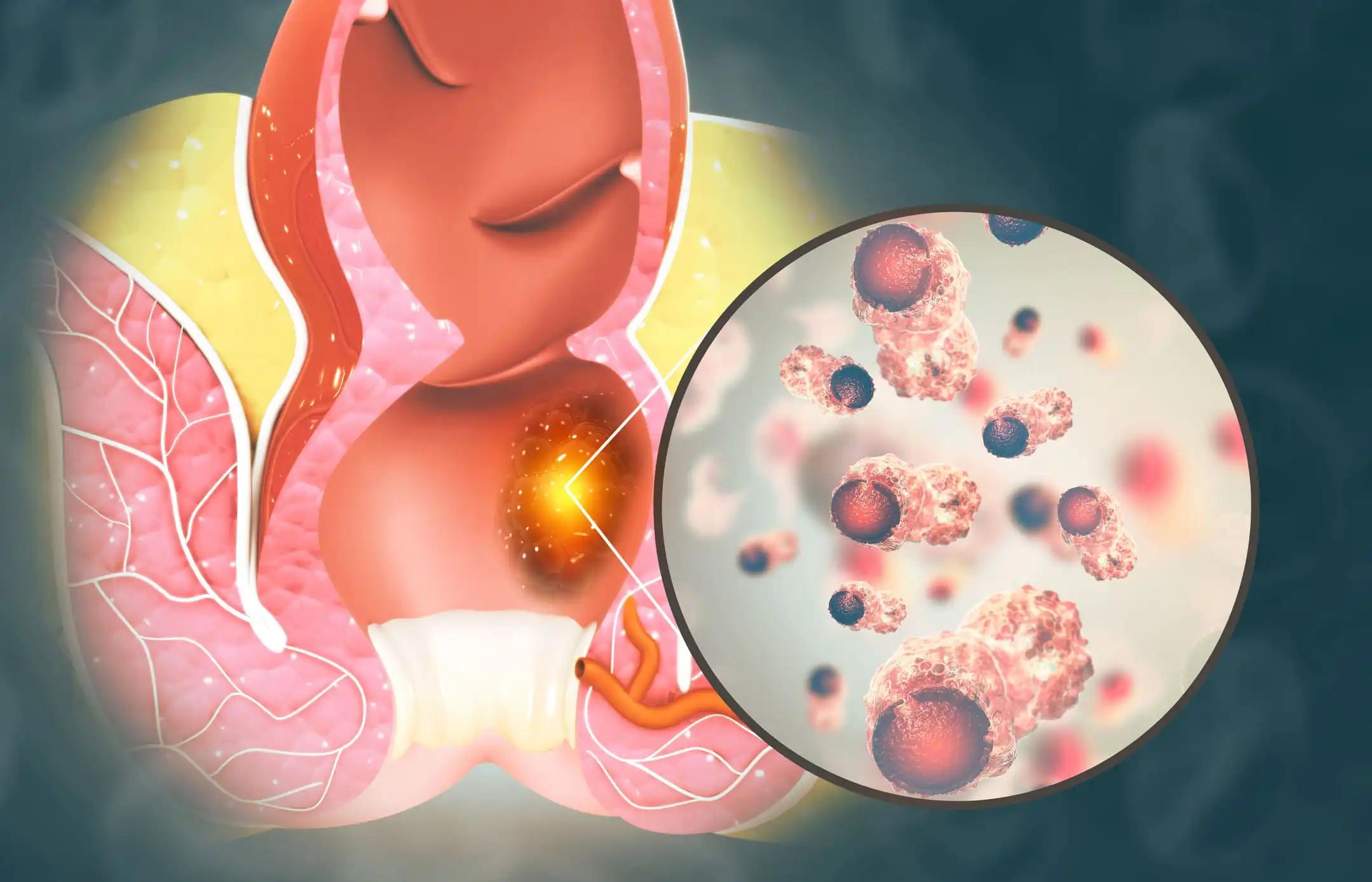KEY TAKEAWAYS
- The study aimed to develop a prognostic model for ESCA using RBPs and evaluate their roles in targeted therapy.
- Researchers noticed that ARHGEF28, BOLL, CIRBP, DKC1, SNRPB, and TRIT1 are key RBPs linked to ESCA prognosis, offering potential avenues for targeted therapy.
Yinzhong Sha and the team aimed to focus on developing a prognostic model for esophageal cancer (ESCA) utilizing RNA-binding proteins (RBPs) that are associated with patient outcomes. By analyzing the expression and functionality of specific RBPs, the research aims to enhance prognostic accuracy and provide insights into potential therapeutic strategies.
They performed an inclusive analysis of RNA-seq data for ESCA obtained from The Cancer Genome Atlas database, extracting mRNA to identify differentially expressed genes using R. After screening for RBPs among these genes, they utilized R packages clusterProfiler and pathview to conduct Gene Ontology enrichment and Kyoto Encyclopedia of Genes and Genomes pathway analyses.
Based on the identified prognosis-related RBPs, a COX regression approach was employed to establish a prognostic risk model for ESCA. The predictive ability of the risk model was evaluated through calibration analysis, receiver operating characteristic curves, Kaplan-Meier curves, decision curve analysis, and the Harrell consistency index (C-index). Additionally, a nomogram was created by integrating the risk model with relevant clinicopathological features from the patients.
About 105 RBPs were screened for ESCA. Its a prognostic risk model comprising 6 prognostic RBPs (ARHGEF28, BOLL, CIRBP, DKC1, SNRPB, and TRIT1) was constructed through COX regression analysis. The prognosis was poorer in the high-risk group, and the receiver operating characteristic curve indicated an area under the curve of 0.90, demonstrating that the model effectively predicted patients’ 5-year survival.
Additionally, the 6 prognostic RBPs exhibited strong diagnostic power for ESCA. Furthermore, a total of 39 mRNAs were identified as predicted target molecules for DKC1.
The study concluded that ARHGEF28, BOLL, CIRBP, DKC1, SNRPB, and TRIT1, identified as RNA-binding proteins, are significantly associated with the prognosis of ESCA. These findings may offer new avenues for the development of targeted therapies for ESCA.
No funding information was given for this source.
Source: https://pubmed.ncbi.nlm.nih.gov/39287291/
Sha Y, Reyimu A, Liu W, et al. (2024). “Construction and validation of a prognostic model for esophageal cancer based on prognostic-related RNA-binding protein.” Medicine (Baltimore). 2024;103(37):e39639. doi:10.1097/MD.0000000000039639



